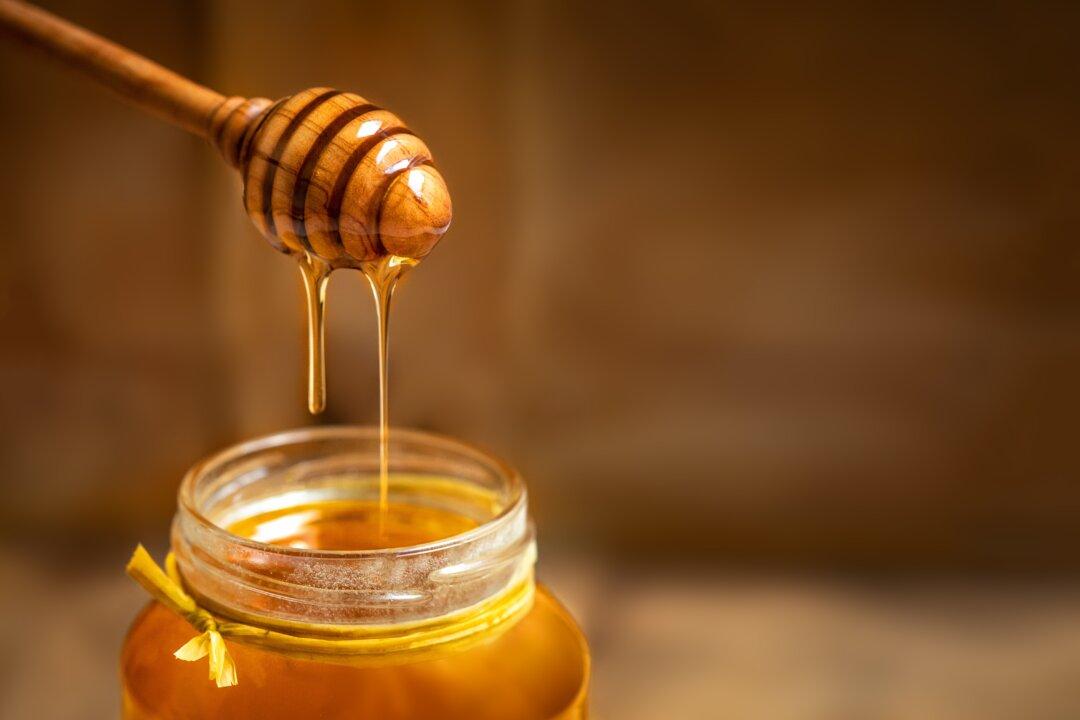Consuming honey, nature’s sweet gift freely given through the work and movement of honeybees, gets sweeter in light of its wide-ranging health benefits.
If you reach for honey for your cup of freshly brewed tea or to sweeten your homemade desserts, you may already know that science favors honey for its wholesome health benefits versus those of various other natural sweeteners.





